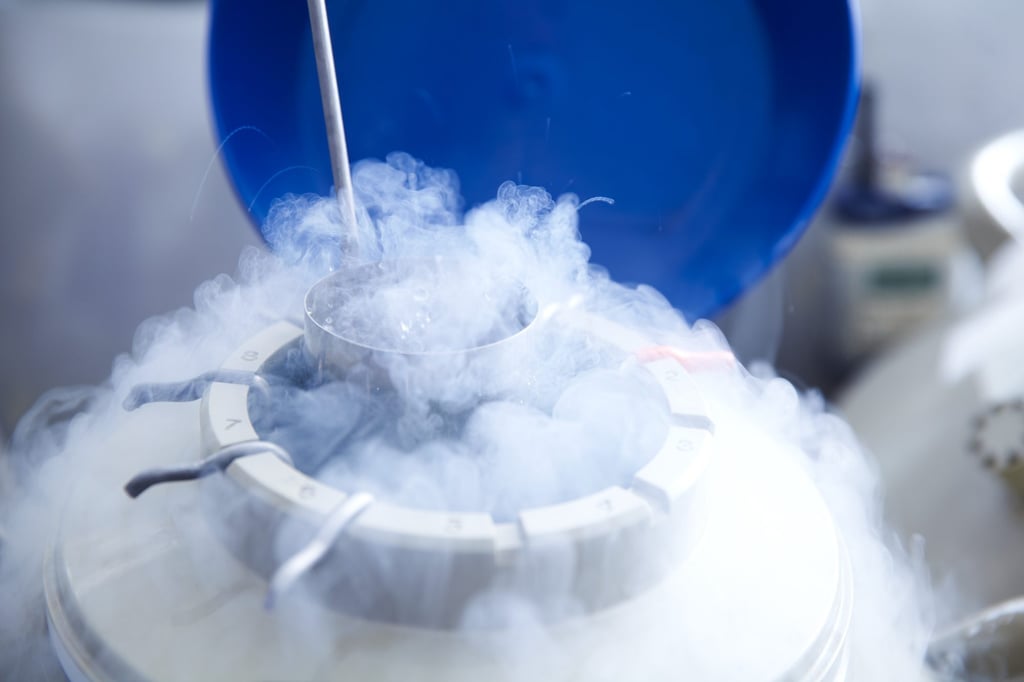Why IVF, IUI and egg freezing are but a dream for many women in Hong Kong, where outdated laws deny them a chance at motherhood
- Desperate for children, many single women risk prison and their health to get access to assisted fertility treatments

Ella had always planned to start a family. But after nearly a decade of regular Thursday-night dates in Hong Kong, the 35-year-old was exhausted. As 2013 dragged on, she accepted that the right man might not arrive in the coming year, which was how long doctors had predicted her fertility would last. So she decided to freeze her eggs, with the intention of using a sperm donor to fertilise them when the time was right. She was excited, she recalls – “I felt like I was securing my future.”
She was not worried about becoming a mother on her own. Her parents had divorced when she was one year old, and a single-parent household was all she had ever known. But while in her native Denmark, 8 to 10 per cent of children are conceived through in vitro fertilisation (IVF), in her adopted home of Hong Kong, the Human Reproductive Technology Ordinance of 1997 bans women from fertilising their eggs without a husband’s signature, forcing unmarried women to travel abroad for the procedure.
Winnie Chow, a family lawyer at Chow Ruskin Brown, says that ordinance is based on English legislation from the 1980s and 90s, when “societal norms and views, as well as, more importantly, medical technology were very different”.
“The definition of a valid marriage in Hong Kong is currently based on the Christian faith [...] a voluntary union of a man and a woman for life to the exclusion of all others,” she says. “Historically, the majority of marriages in Hong Kong were actually those that may have included concubines. They did not adhere to the monogamous heterosexual relationship that’s confined to just one man and one woman.”

The fact she did not have the right to reproduce on her own terms came as a rude awakening, but once reality set in, the best option for Ella seemed to be Thailand: the country had a good reputation for fertility clinics, far lower costs than in the West, and just three hours from Hong Kong, it offered a safe flying time for a body full of hormones that increase the risk of blood clots. Most importantly, Thailand was open to single and lesbian women wanting to freeze and later inseminate their eggs, at a cost of roughly US$6,000.
Hong Kong’s public-health sector will cover egg freezing for single and lesbian women only if the individual is undergoing treatment for cancer. Public hospitals do subsidise IVF for infertile couples, charging from HK$10,000 to HK$24,500 (US$1,300 to US$3,510), but for those that can afford it and want to cut waiting times, private care costs between HK$80,000 and HK$150,000 per cycle.
